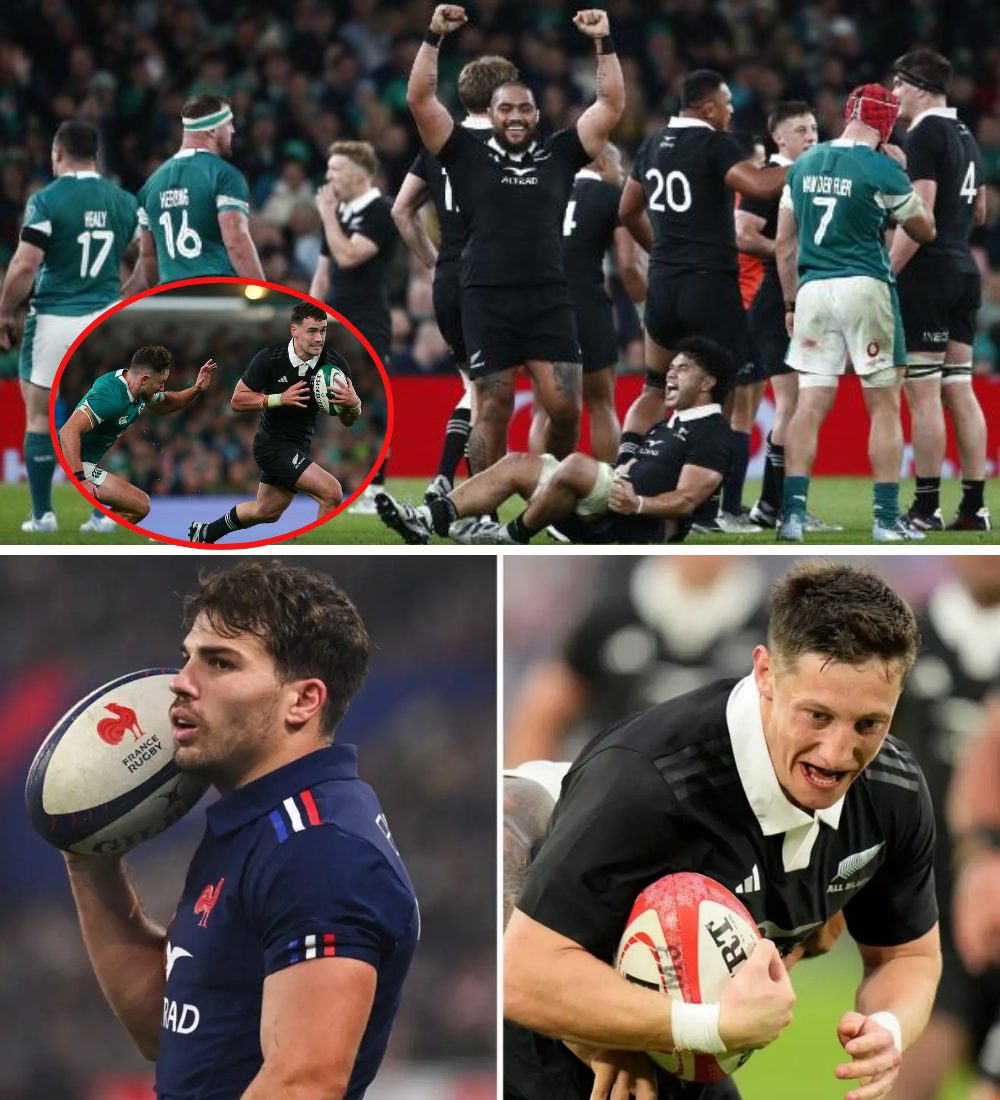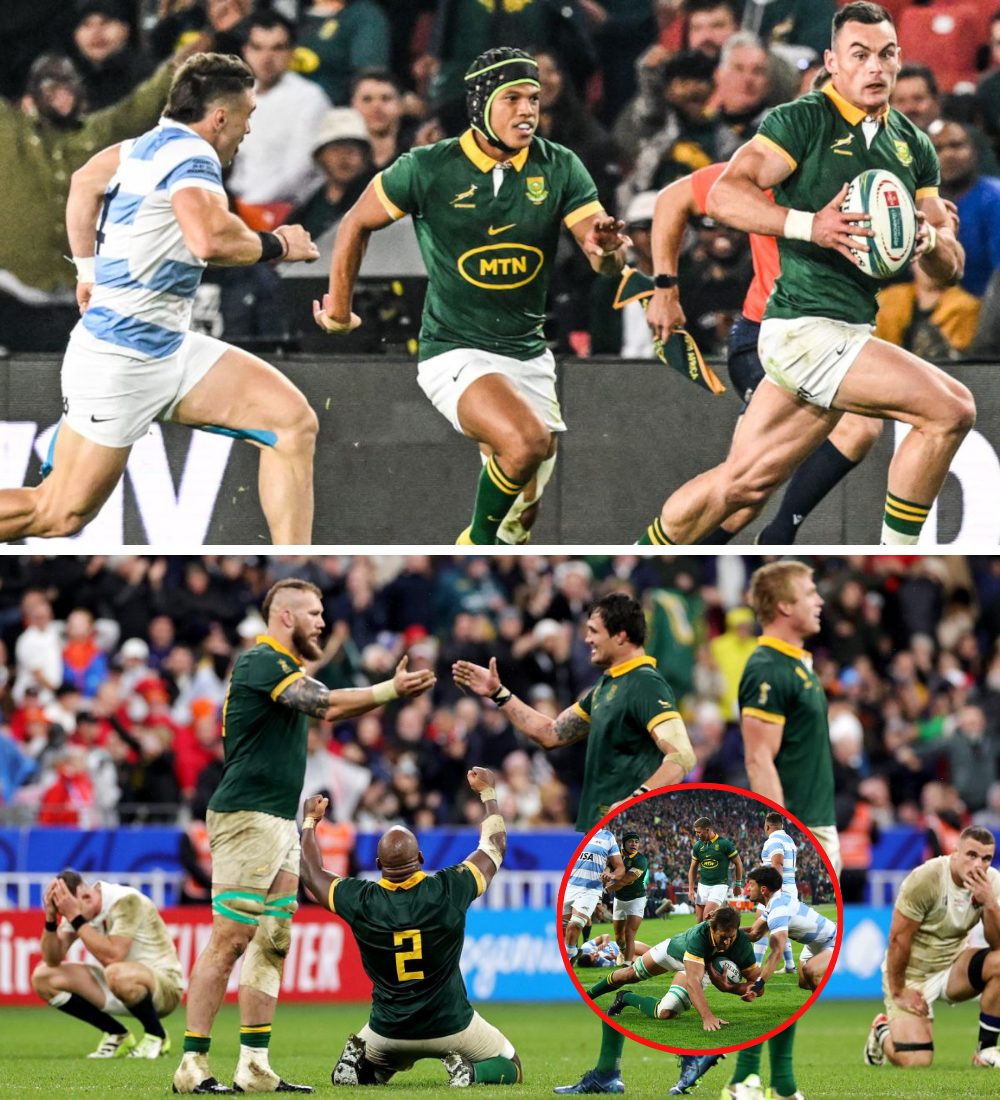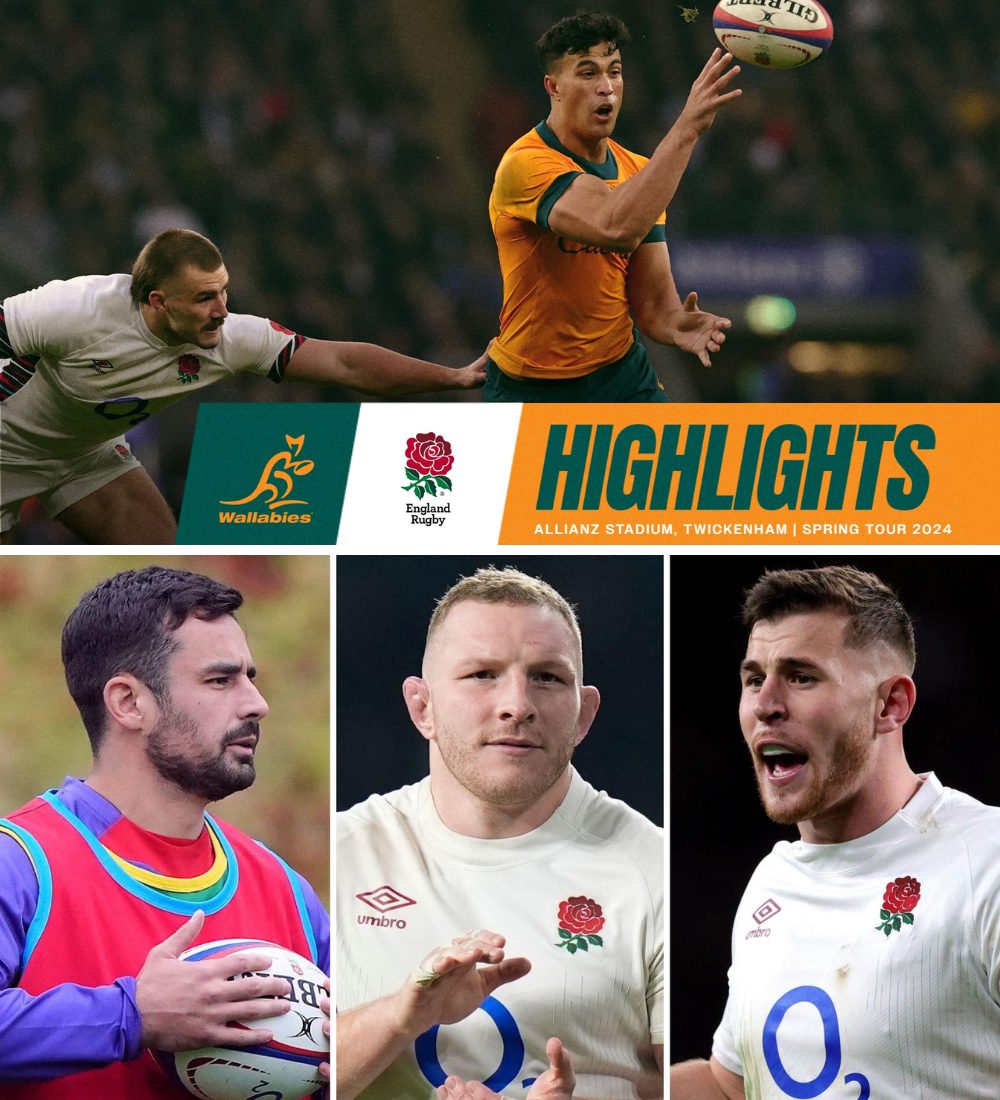NASHVILLE, Tenn. — The biggest story in baseball is a ghost.
Shohei Ohtani, who, in the near future, will receive the largest contract in American sports history, has turned his free agency into a lifeless, soulless slog. In six MLB seasons, the two-way Japanese dynamo has captivated the baseball-loving world, reshaping our expectations of what’s possible.
His free agency thus far this winter has been the opposite.

Besides a recent report that Ohtani met with the Blue Jays at their Florida spring training facility, it’s been crickets. Straight-up nap time. And that’s by design. Ohtani and his agent, Nez Balelo, have kept negotiations on lockdown. No buzz, no rumors, no anticipation, just a vaguely worded warning that teams leaking their communication with Ohtani would have it held against them. That warning has apparently worked and the flow of information out of Ohtani-world has been bupkis.
That strategy has turned what could have been the most compelling story in sports into sleepy nothingness. Ohtani is the most enthralling player to ever reach the open market and his free agency has been a downright bore.
That’s a missed opportunity.
Everyone at the MLB winter meetings in Nashville is thinking about Ohtani and talking about Ohtani. But neither he nor Balelo are here. His free agency has dominated the conversation without providing any reason — besides, of course, Ohtani’s on-field magnificence.
That slow strategy, according to sources, has dictated these comically drab winter meetings. There have been few signings, and besides Sunday evening’s Braves-Mariners trade, teams have yet to settle on another meaningful swap. Ohtani’s stranglehold on the market is partly responsible. Many teams, like the rest of us, are in the dark. That’s led to a wait-and-see approach; why be aggressive now before you know where the market’s biggest prize is going to land?

Part of this trudge has to do with the absence of a salary cap in MLB. Compare that to the NBA and NFL, which both have strict spending limits that generate intense anticipation followed by a blast of excitement upon the “opening gun” and a wave of transactions. The MLB offseason, conversely, can feel like a chore because free agency is so drawn out.
Even still, a typical free agency for Ohtani would have fostered a massive mainstream interest, in Ohtani himself, the club who eventually signs him, and the sport as a whole. Agents obviously maintain a level of privacy when it comes to contract negotiations, but allow for a normal level of buzz to reach the public. Why? Because it keeps their client relevant. Relevance is power, power is leverage, leverage is money.
But because Ohtani is so sought after, Balelo has no incentive to provide or enable rumors about his client’s preferences or process. Which is understandable for Ohtani, though unfortunate. This is, after all, entertainment. Nobody watches baseball for the truth. It compels, excites, and elicits attention because it’s enjoyable. Transactions and the surrounding speculation intensify that dynamic.
That’s not to say Ohtani and Balelo should turn one of the most defining two months of a player’s life into a circus. Balelo’s responsibilities are to (1) fulfill the desires of his client and (2) get Ohtani as much money as possible. If Ohtani wants to keep things on lock, Balelo is not erring by abiding by that request.

That doesn’t mean it doesn’t suck for the rest of us.
Recent megastar free agencies rarely crossed over into true headline news, but the pursuits of Aaron Judge, Manny Machado and Bryce Harper all offered varying levels of drama. Even though Judge returned to his previous employer, the drama about his involvement with the Giants and Padres was scintillating, “Arson” Judge kerfuffle aside.
Machado and Harper, who both journeyed through free agency after the 2018 season, balanced professionalism with entertainment. Mystery teams, subterfuge, secret visits? That stuff makes the world go round, it drives interest, discussion, eyeballs. It helps to make the league compelling, helps to grow the sport. Remember when Machado showed up to Citizens Bank Park for a meeting and some Philly construction worker screamed “get that money” as he entered the yard? Or that photo of Harper’s name next to a White Sox logo at the United Center in Chicago? That’s perfectly harmless speculation. Enough to chew on, a blanket through the cold baseball winter.

That’s nothing compared to, say, when LeBron James held “The Decision.” Bizarre and self-serving? Sure. But James understands entertainment, and his free-agency announcement was outstanding television, wonderful theater. Ohtani’s job search, by comparison, has been like watching paint dry. That it will almost certainly conclude in anticlimatic fashion makes it even more disappointing.
To be clear, Ohtani does not “owe” the sport anything. He has already done more than enough to grow the game. If he wants to turn his free agency into a sleepy, newsless slog, that’s his right. And it’s not like he needs the money. It’s just that pushing it to Fort Knox-levels of secrecy accomplishes nothing. Ohtani is going to receive a large bucket of money from his desired employer no matter what. Restricting the flow of information has no benefits, it just makes the process light years less compelling for the public.





